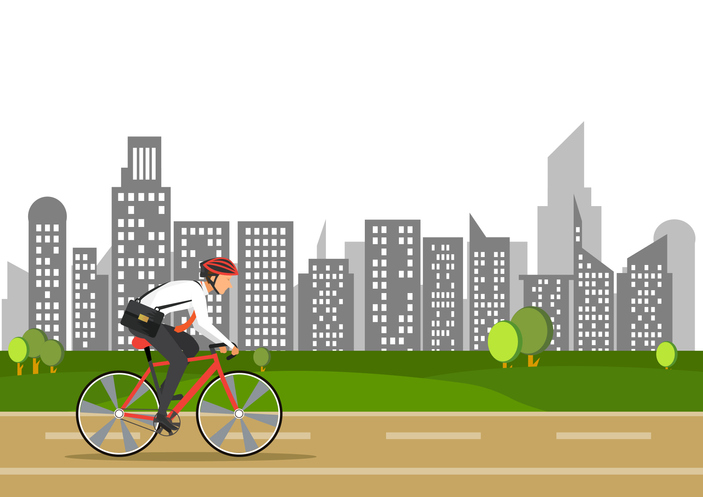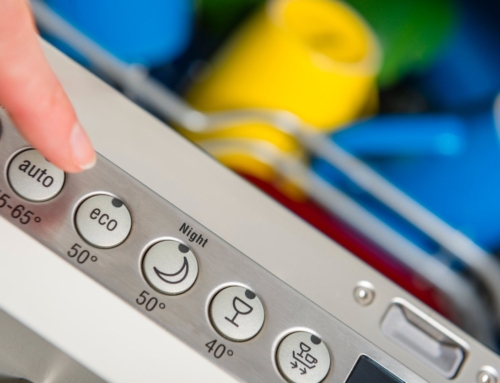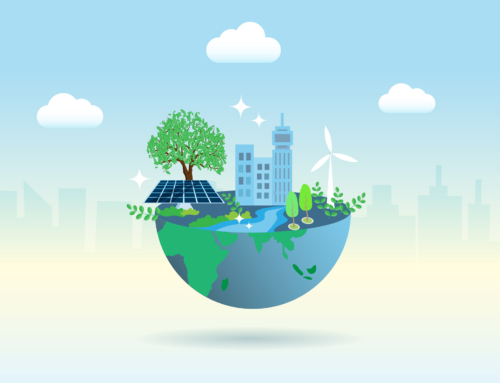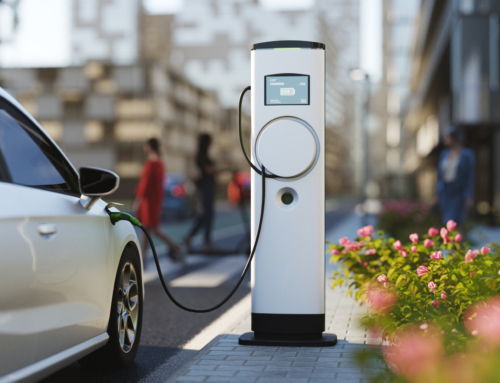Friday, May 17th is National Bike-to-Work Day. In this post, you’ll learn all about the benefits and impact you can make by choosing to commute on the seat of a bike instead of in a vehicle.
Why Bike?
Aside from enjoying the fresh air and scenery, there are three major reasons to bike to work that benefit everybody.

Photo Credit: useng
For the Environment
If you’re striving to live a more eco-friendly lifestyle, then you’re probably already well aware of the impact of cars on the environment. Riding a bike is an entirely pollution-free mode of transportation, meaning it doesn’t produce emissions that are harmful to our environment.
According to the Department of Transport and Main Roads, individuals could reduce their greenhouse emissions by 1500 kg each year by cycling at least 10 km each day to and from work.
In addition to the lack of active pollution, bike riders can help reduce the amount of pollution created by manufacturing and disposing of vehicles. Furthermore, as the number of bike riders increases, the roadways will become less congested, allowing for cars to spend less time on the road emitting fossil fuels.
For Your Health
By choosing to bike to work, you’re not only benefiting our world and its inhabitants, but you’re also benefiting your own health. For one thing, if we can join together to effectively reduce transportation pollution, we can all reap the benefits of cleaner air and water.
For another, you’ll be getting (at least) 30 minutes of exercise every day you ride instead of drive—which is the recommended minimal amount of physical activity according to health experts. Regular exercise decreases your risk for various diseases, strengthens your heart and muscles, and releases a swell of hormones that can make you feel happier and more confident.
For Your Wallet
How much do you spend on gas for your vehicle just to make it to work and back every day? Probably too much. Once you’ve got the gear, biking is a completely free and beneficial way to get where you need to go. You can start with an affordable second-hand bike and use all the gas money you saved to upgrade to one of higher-quality for an easier ride.
The Impact of Cars on the Environment
The impact of cars on the environment is substantial. Before a vehicle even hits the market, the production of the machine produces a great deal of pollution. Once the car is complete and the engine is brought to life with the turn of a key, it begins releasing detrimental fossil fuel emissions and greenhouse gases into our environment.
Once the vehicle has reached the end of its life, it contributes to the buildup of waste in our junkyards or requires some amount of emissions in the recycling process. From birth till death, vehicles contaminate our world with noise pollution, air pollution, and waste pollution.
Alternative Eco-Friendly Transportation
We understand that biking isn’t always a realistic option for everybody, especially those with a long commute. If you’re unable to participate in Bike-to-Work day, you can still make a contribution to a healthier planet by choosing an alternative mode of transportation that is less harmful to the environment than cars.
Explore transportation alternatives for a more eco-friendly lifestyle:
- Take the bus
- Board your local transit (like SEPTA, MARC, or NJ Transit)
- Carpool with friends or coworkers
- Ride a motorcycle or moped
- Drive an electric-powered vehicle
More Environmental Holidays to Celebrate
If you’re all about supporting and celebrating an eco-friendly lifestyle, mark these dates in your calendar and plan ahead! These are a few more fantastic environmental holidays to engage in.
International Day of Forests – March 21st
National Garden Month – April
World Biodiversity Day – May 22nd
World Environment Day – June 5th
National Wildlife Day – September 4th
National Crush Day – September 27th
National Recycling Day – November 15th
For an Eco-Friendly Lifestyle
We wish you good health and satisfaction in your efforts to live a more eco-friendly lifestyle. Learn more about Spring Power & Gas’ and how you can help create a sustainable future.




![Top 11 Sustainable Building Practices for Eco-Homes [Plus 5 Sustainable Materials]](https://springpowerandgas.us/wp-content/uploads/2023/02/iStock-181062267-500x383.jpg)

